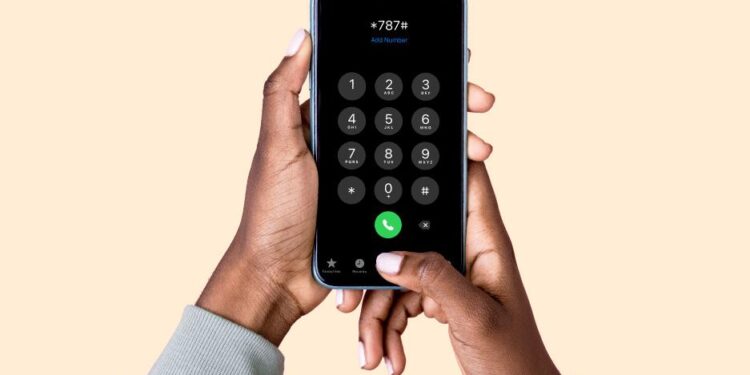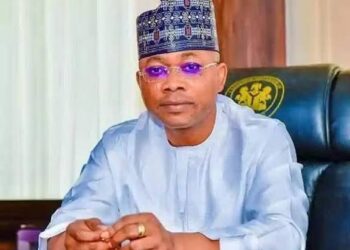Nigeria’s telecommunications regulator has implemented a major shift in how banking customers pay for mobile financial services, requiring charges for USSD transactions to be deducted from phone credit rather than bank accounts.
The Nigerian Communications Commission directive, which became operational on June 3, 2025, represents a fundamental change in the billing structure for unstructured supplementary service data transactions that millions of Nigerians use daily for banking operations. The new system transfers responsibility for collecting USSD fees from deposit money banks to mobile network operators.
United Bank for Africa became among the first financial institutions to notify customers of the transition, sending email communications on Tuesday explaining the operational changes. The bank informed customers that USSD banking service charges would no longer appear as deductions on their account statements, marking the end of the previous billing arrangement.
Under the revised framework, known as the End-User Billing model, customers will pay ₦6.98 for each 120-second USSD session, with charges applied directly against their mobile airtime balance. The system incorporates user consent mechanisms, requiring customers to confirm their agreement before charges are applied, and fees will only be deducted when banks successfully process the requested transactions.
Mobile network operators will now handle the entire billing process, collecting payments through existing airtime deduction systems that customers are already familiar with from other telecommunications services. This change eliminates the complex inter-industry payment arrangements that previously existed between banks and telecom companies.
The regulatory intervention addresses persistent financial disputes that have plagued the relationship between Nigeria’s banking and telecommunications sectors. These tensions reached a critical point in late 2024 when regulators identified a ₦250 billion debt accumulated from unpaid USSD service fees, with banks owing substantial amounts to mobile network operators for transaction processing services.
The debt crisis intensified during early 2025, prompting telecommunications companies to threaten service suspensions that could have disrupted banking access for millions of customers who rely on USSD codes for financial transactions. The Nigerian Communications Commission responded decisively in January by disconnecting USSD services for nine banks that had failed to settle outstanding obligations.
Partial debt resolution occurred in February when MTN Nigeria confirmed receiving ₦32 billion from banks, though this represented less than half of the ₦72 billion owed to the network operator alone. The remaining debt levels across the industry suggested that comprehensive structural changes were necessary to prevent future service disruptions.
The new billing model aims to eliminate the root causes of these disputes by creating direct payment relationships between customers and telecommunications providers, removing banks from the payment chain for USSD services. This approach mirrors successful billing structures used in other telecommunications services and should reduce collection complexities.
Customers who prefer not to use USSD services under the airtime-based charging system retain access to alternative digital banking channels, including internet banking platforms and mobile applications that do not rely on USSD technology. Banks have emphasized that the change affects only USSD billing arrangements and does not impact other electronic banking services.
The implementation represents a significant victory for telecommunications companies, which had argued that the previous system created cash flow challenges and made it difficult to maintain and upgrade USSD infrastructure. The direct billing approach should provide more predictable revenue streams for network operators while ensuring sustainable service delivery.
Industry observers view the regulatory intervention as evidence of improved coordination between the Nigerian Communications Commission and the Central Bank of Nigeria in addressing cross-sector challenges. The successful implementation of this billing change could serve as a model for resolving similar disputes in other areas where telecommunications and financial services intersect.
The transition is expected to proceed smoothly given the extensive consultation process that preceded the implementation and the familiarity of Nigerian consumers with airtime-based billing for telecommunications services.



















